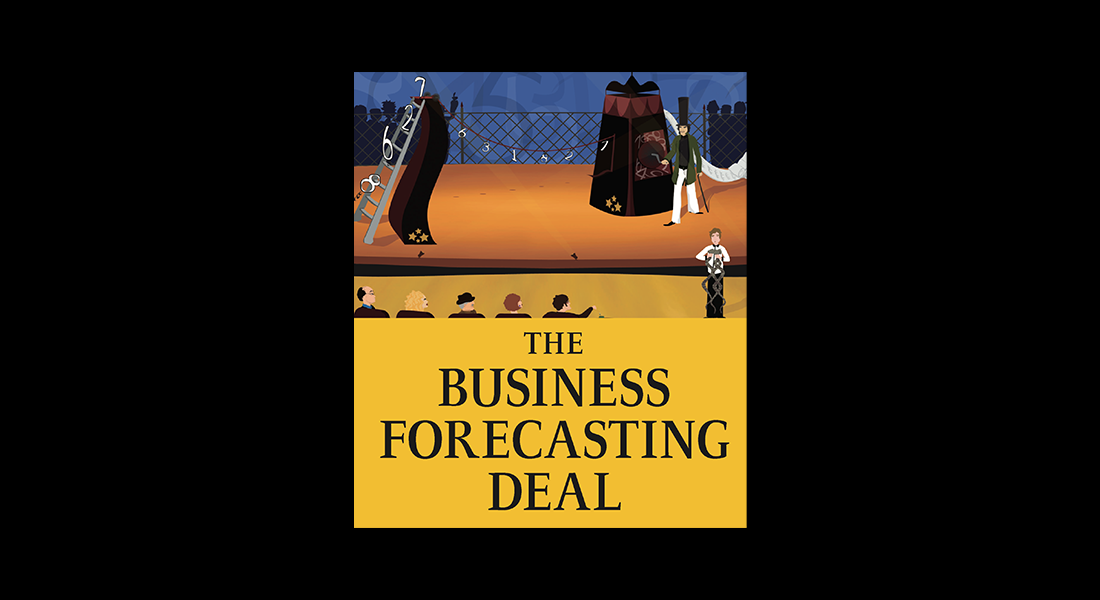
If you are looking to find a job in business forecasting, or trying to fill one, there are many online resources available: Professional Organizations Institute of Business Forecasting & Planning - Very active searchable list of currently available jobs in forecasting and planning, from entry level to executive. Employers post

